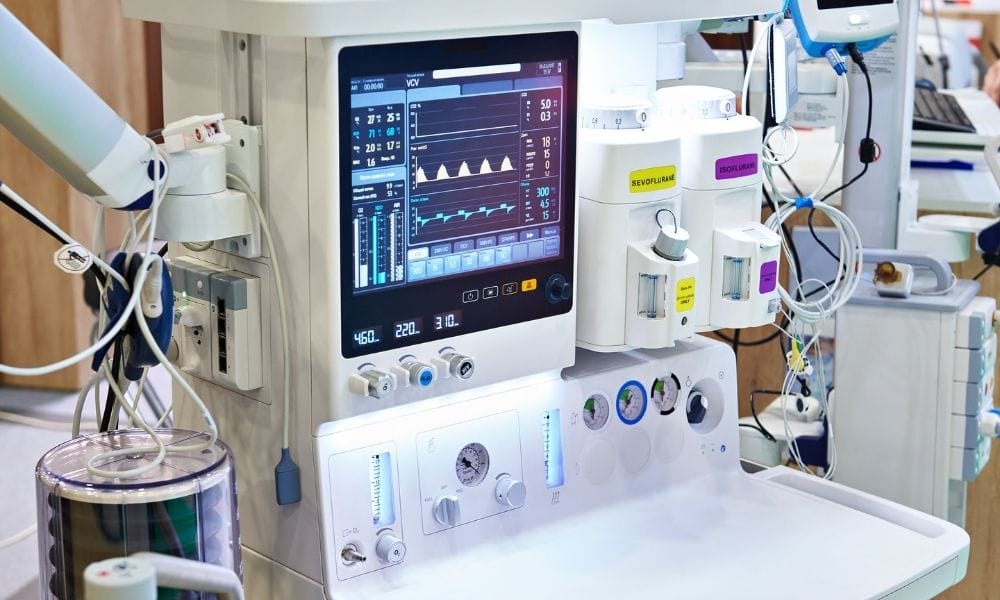For a hospital or other healthcare facility, boosting efficiency can mean updating medical technology, improving customer experience, changing methods for storing and analyzing data, and more. An efficient hospital works like a well-oiled machine, with minimal downtime, a hard-working staff, and satisfied patients. These strategies for improving hospital efficiency can help a hospital operate at its best, leaving more time for hospital personnel to do what it does best: treating patients, and making sure they leave the facility happy and healthy.
Avoid Downtime
EMI, or electromagnetic interference, is common in healthcare settings. Technology is densely packed, and the output from individual devices start to mingle, leading to interference, which can result in the malfunction or failure of life-saving devices. Interference can lead to downtime, or, in a worst-case scenario, compromise patient safety. Avoiding EMI is impossible, but there are ways to lessen the impact it has on a hospital’s equipment. Shielding medical devices, including life-support systems and essential monitoring devices, can protect them against signal noise, damage, or total functional impairment. Some medical devices employ EMI filtering, which provides extra protection against interference.
Reduce Waste
Another strategy for improving hospital efficiency is reducing waste. The elimination or reduction of waste can lead to massive cost savings and lessen the amount of time a hospital spends procuring replacement supplies. Non-hazardous waste can be reduced by a variety of methods, including:
- Using hand dryers rather than paper towels in bathrooms
- Stocking reusable items
- Using washable items in patient rooms
- Using washable cups, plates, and utensils in the cafeteria
Recycling cardboard, office paper, aluminum cans, glass bottles, newspapers, plastics, and steel cans is another effective way to lower waste. Creating a system to track medications and their use can reduce pharmaceutical waste. Hospitals should consider the lifecycle of a drug before purchasing. Avoid anything with less than one year of dating, unless they’re available with shorter expiration dates. Selecting products with preservatives is another way to ensure they’ll last longer in storage.
Customer Communication Is Key
Effective communication with patients can reduce the number of no-shows, cancellations, and other complications with the appointment process. Implementing e-mail and text reminders is a simple, effective way of letting patients know about their appointment well in advance and give them the opportunity to cancel or reschedule ahead of time. Keeping track of the approximate time length for certain procedures and supplying the schedulers with a reference can help them match patients to the appropriate time slot.








